12 Things Kids Are Being Taught That Could Seriously Damage Their Future

Not everything kids learn is as harmless as it seems. While math drills and manners have their place, many lessons woven into childhood—from classrooms to cartoons—can quietly chip away at confidence, curiosity, and critical thinking. These aren’t just outdated ideas; they’re damaging messages disguised as wisdom, often passed along with good intentions but lasting consequences. As the world becomes more complex, these hidden teachings risk leaving children less prepared, less empathetic, and less resilient. It’s time to take a closer look at what they’re really absorbing. Here are 12 teachings that could seriously derail a child’s future if left unchecked.
1. Ignoring Bullies Makes Them Stop
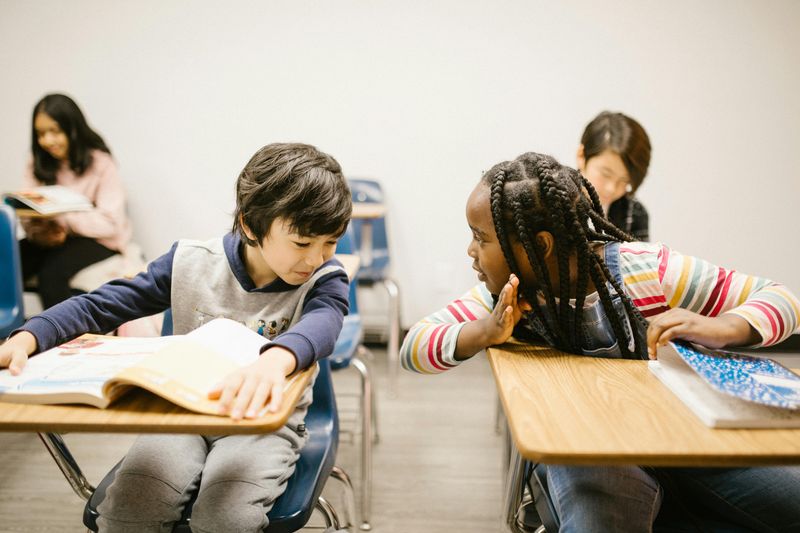
This outdated advice actually makes things worse. When children stay silent about bullying, aggressors often see it as permission to continue or even escalate their behavior. The bully interprets lack of resistance as weakness or acceptance.
Children need tools beyond passive endurance. Teaching them to seek help from trusted adults, use assertive communication, and build supportive friendships creates real protection. Sometimes appropriate adult intervention is absolutely necessary.
Kids who learn proper responses to bullying develop crucial self-advocacy skills they’ll use throughout life. Rather than suffering in silence, they’ll know when and how to stand up for themselves in healthy, effective ways.
2. Disagreement Equals Disrespect

Many children hear that expressing different opinions is automatically rude or confrontational. This misguided lesson stifles their ability to engage in healthy debate or stand up for their beliefs. The confusion between disagreement and disrespect creates passive communicators.
Kids need to see that respectful disagreement is possible and valuable. When adults model how to express different viewpoints without attacking others, children learn essential social skills. These conversations actually strengthen relationships through honest exchange.
The ability to articulate opposing views respectfully serves children throughout life – in school debates, future workplaces, and personal relationships. It’s a foundation for confident self-expression and genuine connection with others who think differently.
3. Real Boys Don’t Cry
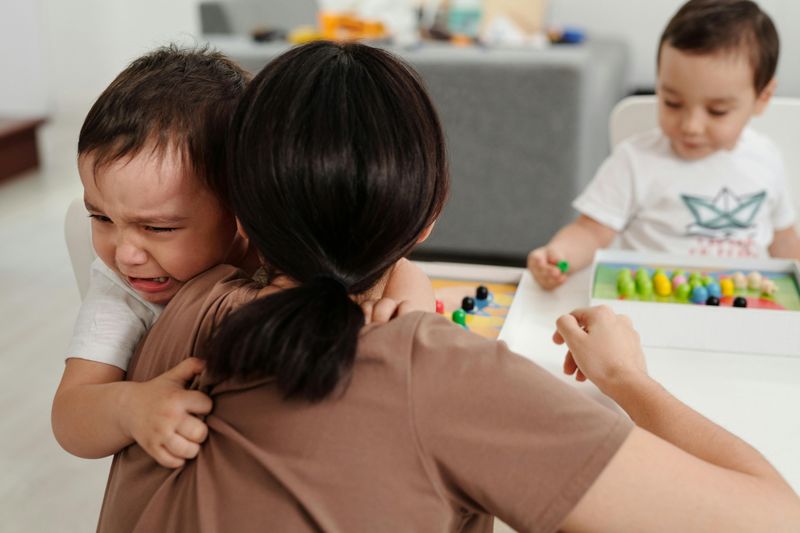
The harmful message that crying shows weakness damages emotional development, especially for boys. When children hear “toughen up” or “big kids don’t cry,” they learn to bottle up feelings instead of processing them healthily. This emotional suppression follows them into adulthood.
Tears serve an important biological and psychological function. They release stress hormones and signal our need for support. Children who feel safe expressing all emotions develop better emotional intelligence and coping mechanisms.
Adults can help by normalizing feelings through their own example. “I feel sad too sometimes” validates a child’s experience. Teaching healthy emotional expression creates resilience – not by avoiding feelings, but by moving through them appropriately.
4. Follow Your Passion No Matter What

“Do what you love and you’ll never work a day!” This well-meaning advice creates unrealistic expectations. While passion matters, teaching children they must transform every interest into a career creates unnecessary pressure and potential disappointment.
A balanced approach acknowledges that work involves both enjoyment and effort. Some passions make wonderful hobbies while others translate well to careers. Children benefit from understanding that meaningful work often combines personal interests with practical considerations like stability and market demand.
Teaching kids to explore various interests without demanding perfection or career commitment helps them discover themselves naturally. They learn that passion can take many forms in a fulfilling life – through careers, side projects, volunteering, or personal pursuits.
5. Always Obey Authority Without Question
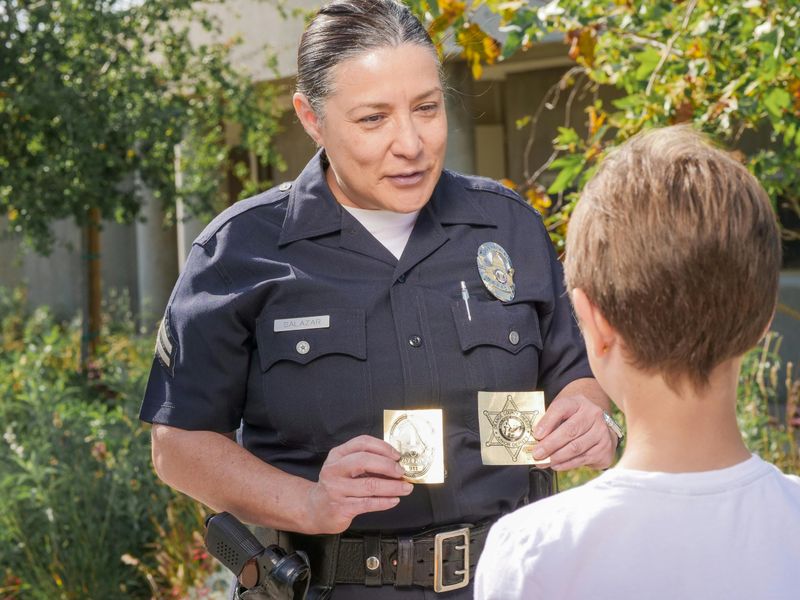
Blind obedience creates vulnerable children. While respect for authority figures matters, teaching kids to follow instructions without understanding why prevents them from developing critical thinking skills. They become easy targets for manipulation.
Children should learn the difference between respectful questioning and defiance. Understanding the reasoning behind rules helps them internalize values rather than just following commands out of fear. This balanced approach builds judgment skills.
When kids can thoughtfully evaluate instructions, they’re better equipped to recognize and resist harmful situations. They grow into adults who can respectfully challenge authority when necessary – a crucial skill in educational, professional, and personal settings.
6. Never Say No To Adults
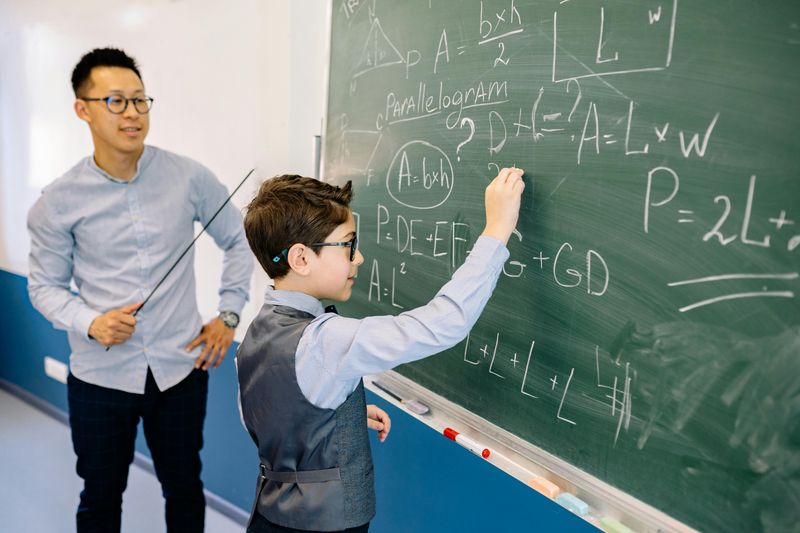
Teaching children they must always say “yes” to adults undermines their safety and autonomy. While politeness matters, children also need to recognize when something feels wrong and have permission to refuse inappropriate requests.
Body autonomy lessons help kids understand they control who touches them and how. Simple phrases like “you can always tell me if something makes you uncomfortable” empower children to trust their instincts. Role-playing helps them practice respectful refusals.
Children who learn appropriate boundary-setting grow into adults who can maintain healthy relationships. They understand the difference between reasonable cooperation and harmful compliance. This critical distinction protects them from manipulation and builds self-respect throughout life.
7. Memorization Trumps Understanding
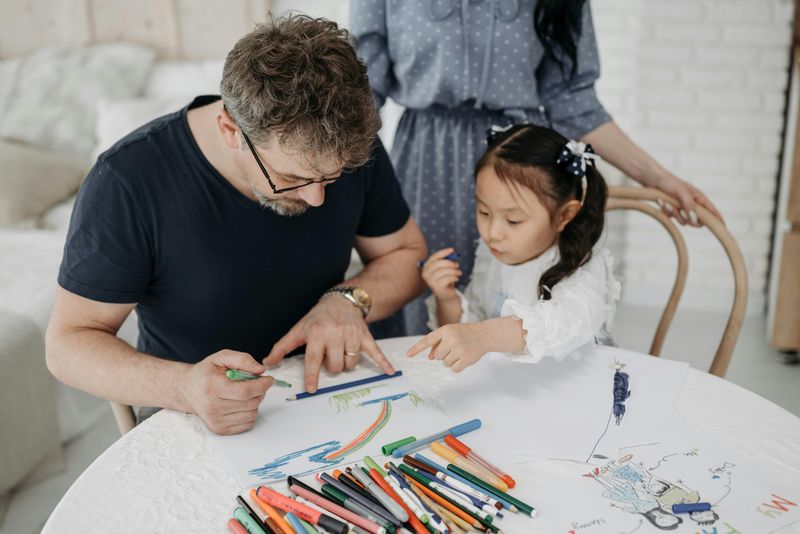
Focusing primarily on memorization rather than comprehension creates surface-level learners. When children simply repeat facts without grasping concepts, they miss developing crucial analytical abilities. Real learning connects information to meaningful contexts.
Education should balance foundational knowledge with deeper understanding. Children thrive when encouraged to ask “why” and “how” questions, not just memorize “what” answers. This approach nurtures natural curiosity rather than extinguishing it.
Students who understand underlying principles can apply knowledge to new situations. They become flexible thinkers capable of innovation rather than mere information repeaters. This distinction becomes increasingly important in our rapidly changing world where adaptability outweighs memorization of soon-outdated facts.
8. Safety Always Outweighs Experience
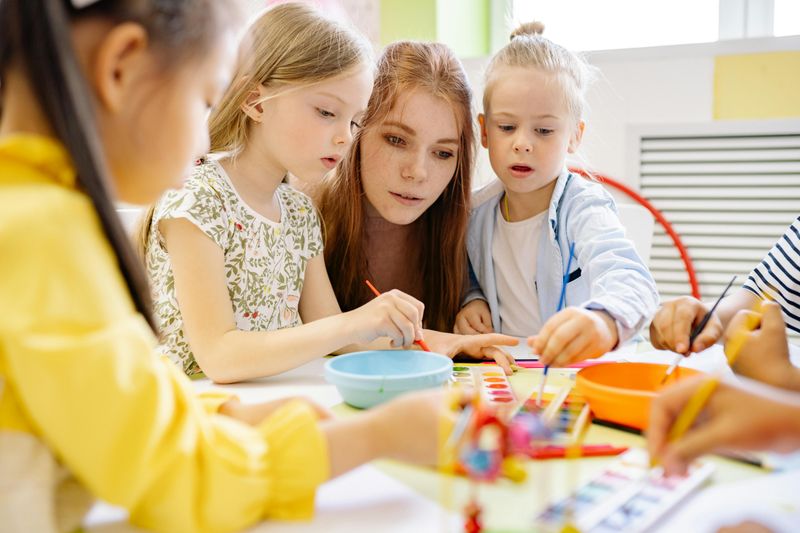
Overprotection creates fragile children. When adults remove all risk from childhood, kids miss crucial opportunities to develop resilience, judgment, and confidence. Skinned knees and minor disappointments build important coping skills.
Age-appropriate risk teaches children to assess situations and make decisions. Climbing trees, using real tools under supervision, or navigating neighborhood streets independently builds competence. These experiences help children calibrate their abilities against challenges.
The goal isn’t recklessness but calculated risk within a safety framework. Children who learn through supported risk-taking develop internal risk assessment skills rather than depending solely on external protection. This balanced approach prepares them for increasingly independent decision-making as they grow.
9. Everything Online Is Trustworthy

Digital natives navigate technology easily but often lack critical evaluation skills. Without media literacy education, children remain vulnerable to online manipulation, from harmless misinformation to dangerous scams. The digital landscape requires specialized navigation skills.
Young users need guidance to question sources, recognize bias, and verify information. Simple questions like “Who created this?” and “What might they want from me?” build crucial digital skepticism. Parents can model these evaluation processes during shared online activities.
Media literacy creates savvy digital citizens rather than passive consumers. Children equipped with these skills can harness technology’s benefits while minimizing its risks. This balance becomes increasingly important as digital platforms continue evolving and playing larger roles in education, social connection, and future workplaces.
10. Harsh Discipline Guarantees Good Behavior

Fear-based discipline creates compliant children but damages their development. While strict punishment might stop immediate misbehavior, it teaches kids to avoid consequences rather than understand why rules matter. The resulting obedience stems from fear, not respect or understanding.
Effective discipline helps children learn from mistakes through natural consequences and discussion. “When you throw toys, they break” connects actions with outcomes better than arbitrary punishments. This approach builds internal motivation rather than dependence on external control.
Children disciplined through connection and explanation develop stronger moral reasoning. They follow rules because they understand their purpose, not just to avoid punishment. This foundation creates adults who make ethical choices independently, not just when authority figures are watching.
11. Ideology Can Replace Scientific Facts

When personal beliefs override established science in education, children develop distorted worldviews. Denying evidence-based concepts like evolution, climate change, or basic biology leaves students unprepared for higher education and informed citizenship.
Science education should present established scientific consensus while acknowledging that science itself evolves through evidence. This approach teaches both content knowledge and scientific thinking processes. Children learn how we know what we know.
Understanding the difference between scientific facts, theories, and personal beliefs equips children to navigate complex issues. They develop the ability to evaluate evidence rather than simply accepting or rejecting information based on preexisting beliefs. This critical distinction prepares them for a world where scientific literacy increasingly matters.
12. Different Beliefs Make People Enemies

Teaching children to fear or hate those with different viewpoints creates harmful divisions. When kids learn that disagreement makes someone an enemy rather than simply a person with different perspectives, they develop tribal thinking patterns that limit their social connections.
Children benefit from exposure to diverse viewpoints in age-appropriate ways. Family discussions that acknowledge reasonable people can reach different conclusions model respectful engagement. Questions like “Why might someone think differently?” build perspective-taking skills.
The ability to engage respectfully across differences serves children throughout life. It enables them to build broader social networks, collaborate in diverse workplaces, and participate constructively in community dialogue. This foundation creates adults who can maintain unity amid diversity rather than demanding uniformity.

Comments
Loading…